Post
A catch
Save a catch to start your fishing logbook. You will be able to to share it with the community if yo want!
A fishing trip
Post an ad to go fishing with other fishermen
Save a catch to start your fishing logbook. You will be able to to share it with the community if yo want!
Post an ad to go fishing with other fishermen
Share a thought, a question with the community
My favorite cities
×Join our 579 fishermen and our 2 cofishermen in St-Lawrence in Isle of Wight. The fishing forecast is currently 3.3. The most caught fishes here are the halibut fish, the common skate, the coalfish and the sole fish. Come try the most famous fishing techniques like the underwater fishing, pole feeder fishing, the stalking fishing technique or fishing bream from a dock or jetty.
Our fishing forecast of St Lawrence indicates the best time to go fishing in this city.
The Halibut fish
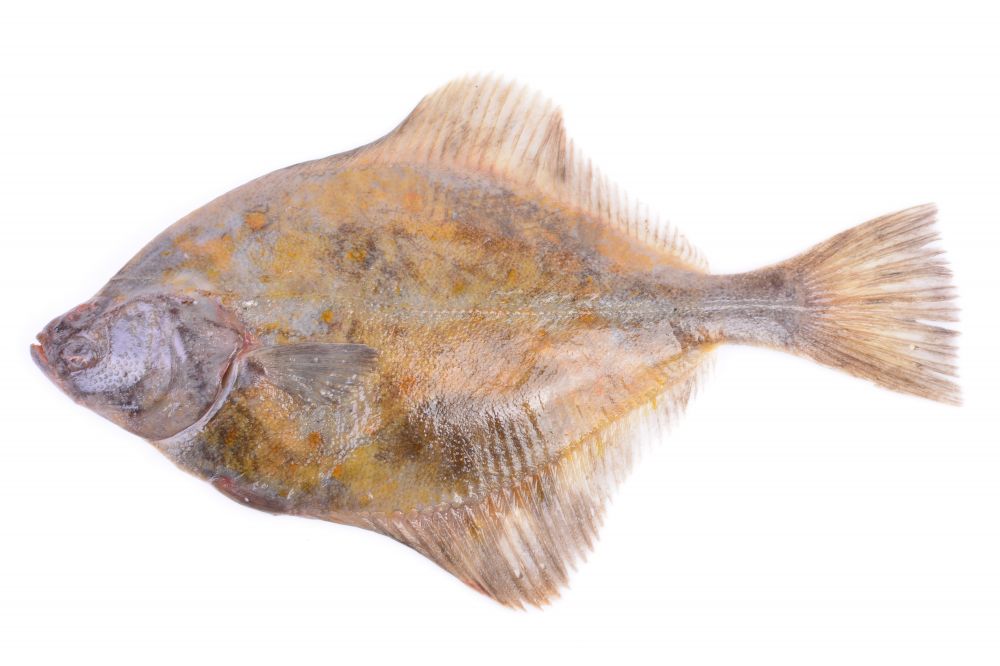
The Halibut fish belongs to the Pleuronectidae family. It can measure up to 4 m, weigh more than 100 kg and live to be 50 years old. It breeds from February to May and lays up to one million eggs. the fishing season is open from March to November. Halibut is a flatfish of the Pleuronectidae family. Like all fish in this family, its eyes are both located on the right side of his head (dexter fish), with the left side blind and unpigmented facing the ground. Its body is elongated, its lateral line strongly arched in the pectoral region, its mouth wide, its teeth curved and its tail concave. The color of its right flank (upper flank) varies from greenish grey to dark brown, while its left flank ranges from white to pale grey.
The Halibut fish is a famous fish you can catch in St Lawrence.The Common Skate
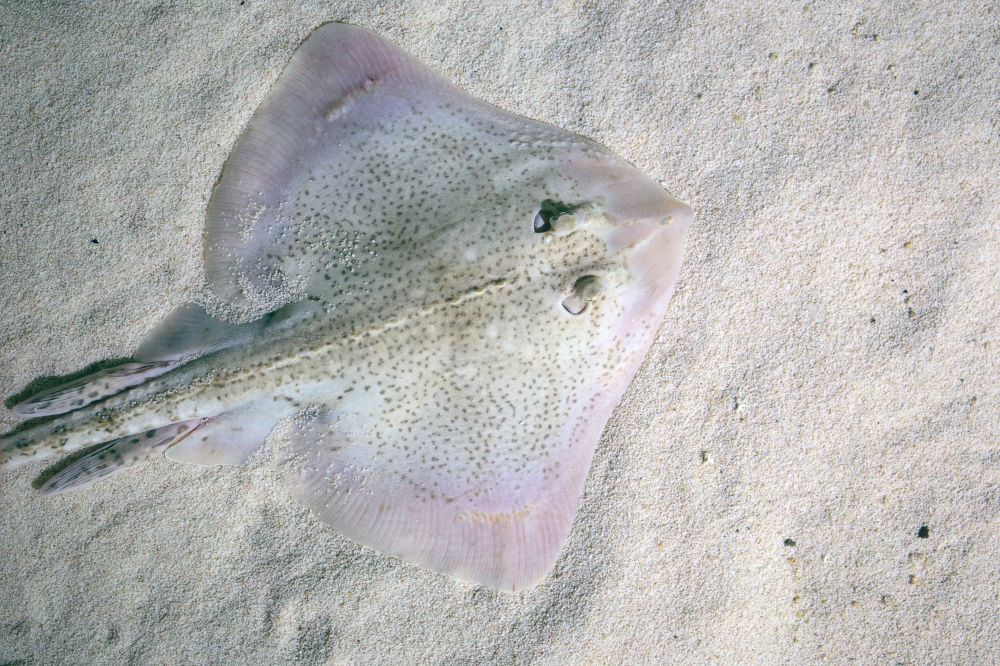
The Common Skate belongs to the Rajidae family. Its average size is 2.85 m for 110 kg of weight. It has a lifespan of 100 years. It breeds in spring to summer. The female can lay up to 40 eggs. They are considered as threatened species by the IUCN or International Union for Conservation of Nature. The Common Skate has a pointed snout and rhombic shape, with a row of spines along the tail. The upper surface is colored olive-grey to brown with dark or white spot, and the bottom is lighter blue-grey.
The Common Skate is a famous fish you can catch in St Lawrence.The Coalfish
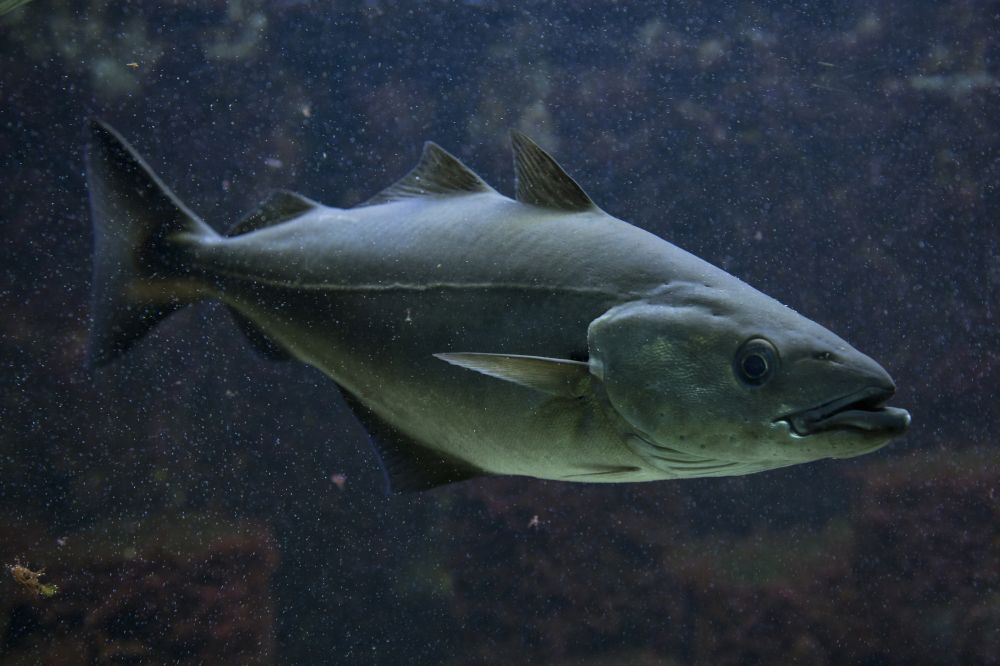
The Coalfish belongs to the Gadidae family. With a size of up to 1.30 m, the coalfish can weigh up to 10 kg. It has a life span of 8 to 10 years. The breeding period varies according to the location. The female lays up to 4 million eggs. It can be fished all year round but at a minimum catch size of 61 cm. Its body is fusiform and elongated, covered with small round scales. In profile, the lower jaw is slightly prominent. The back is greenish brown; the belly is silvery. The clear and almost straight lateral line is well marked. It extends along the entire length of its sides. There may also be a black spot at the base of the pectoral fins. The mouth is terminal. She's black on the inside. The fins are soft-raked. They are dark like the back of a fish, except for the lighter pelvic fins. The coalfish has 3 dorsal fins, the first being triangular, the others longer, and 2 anal fins. The pelvic fins are positioned well forward, under the head, and the caudal fin is a little concave. Young people may have a small barbel on their chin.
The Coalfish is a famous fish you can catch in St Lawrence.The Sole Fish
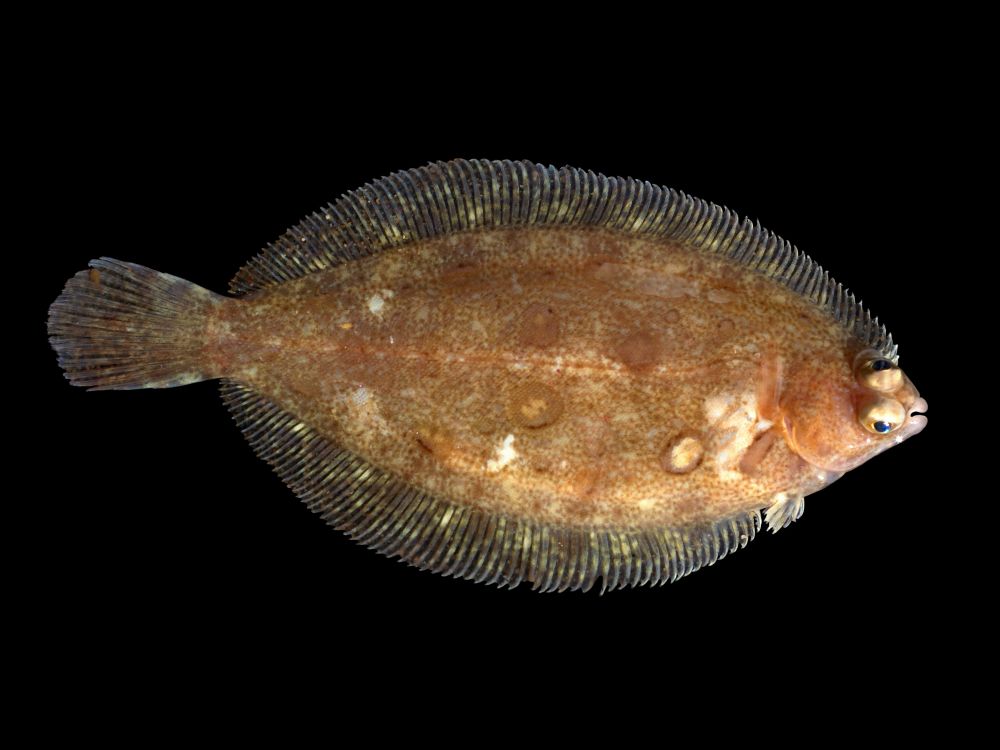
The sole fish belongs to the Soleidae family. The maximum size can reach 70 cm with a current size of 25 to 35 cm. Its longevity is 27 years. It breeds from January to March depending on the region. It can lay up to 1,300,000 eggs. It can be fished all year round. First of all, we notice in this flatfish its characteristic oval shape, which is not found in the other flatfish most frequently encountered by divers. The adult sole, a right-handed (or dexter) flatfish, rests on its left flank and has its eyes on the right side. The color of this fish is very variable: bluish grey to yellowish brown! The body is often marked with marbling and dark spots. The snout of the soles is rounded and shows a small arched mouth, located before the tip of the head. Her eyes are small and wide apart. The caudal has a rounded edge at the end of which a dark fringe can often be seen. On the seabed is the black spot (sometimes golden or brown) at the back and up of the pectoral fin. The dorsal and anal fins are generally white bordered and joined to the caudal by a thin membrane.
The Sole Fish is a famous fish you can catch in St Lawrence.The Weever fish
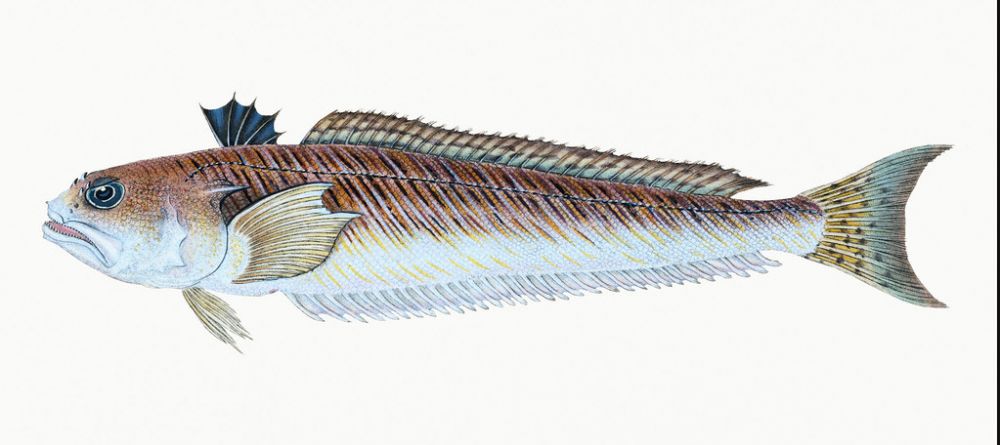
The Weever fish belongs to the Trachinidae family. The Weever fish form a family of perciform marine fish, the Trachinidae, which includes nine species. Their sizes vary from 15 cm to more than 50 cm depending on the species. The Nine species are: The Lesser weever, the Spotted weever, the Guinean weever, the Sailfin weever, the Trachinus cornutus, the Greater weever, the Striped weever, the Cape Verde weever and the Starry weever. It can be fished during the hot seasons. The Weever fish can be classified into two categories, on the one hand the small Vive which measures less than 15 cm, and the large Vive, measuring on average 2 to 30 cm and can reach 50 cm in length. The large weever differs from the small one in that it has four thorns in its orbits. The weever is always dangerous, in that it is endowed with erectile spines are the bite is very toxic, which can have long-term consequences in humans. The weever is yellow on the back, with a whitish belly and yellow or brown streaks. Accidents are much more frequent since the weever is often buried in the sand, so the risk is greater, as you may step on it and get stung.
The Weever fish is a famous fish you can catch in St Lawrence.Our fishing forecast of St Lawrence indicates the best time to go fishing in this city.
Our fishing forecast of St Lawrence indicates the best time to go fishing in this city.
Our fishing forecast of St Lawrence indicates the best time to go fishing in this city.
